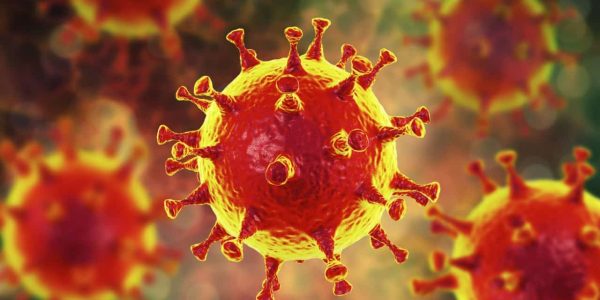Of course we need to take this virus, or any health threat seriously. I’m not saying that it’s not a serious concern. People with compromised immune systems are most at risk. Which includes old and young people. But fear does not help us solve the problem. It actually makes it worse. And I’ll share some scientific data with you that supports this.
Here’s some perspective.
Coronavirus –
As of March 18th 2020 has 216,425 cases. (Confirmed) There’s likely 10 times that amount of people who have not been tested.
8,908 deaths – people are afraid because it’s unknown – and if there’s actually 10x the amount of cases of people who have not been tested, the death rate could be closer to .4% – which is much closer to the flu.
We dont shut down the whole world every year we get the flu.
Flu: Estimated 1 billion cases worldwide; 9.3 million to 45 million cases in the U.S. per year.
Flu: 291,000 to 646,000 deaths worldwide; 12,000 to 61,000 deaths in the U.S. per year.
https://www.hopkinsmedicine.org/health/conditions-and-diseases/coronavirus/coronavirus-disease-2019-vs-the-flu
Now here’s why we should not be afraid.
https://www.ajmc.com/conferences/nei-2017/the-effects-of-chronic-fear-on-a-persons-health
Jaime Rosenberg
At the 2017 Neuroscience Education Institute (NEI) Congress, Mary D. Moller associate professor, Pacific Lutheran University School of Nursing, and director of Psychiatric Services, Northwest Center for Integrated Health said:
The potential effects of chronic fear on overall health include:
• Immune system dysfunction
• Endocrine system dysfunction
• Autonomic nervous system alterations
• Sleep/wake cycle disruption
• Eating disorders
• Alterations in hypothalamus-pituitary-adrenal axis
• Dissociation from self
• Unable to have loving feelings
• Learned helplessness
• Phobic anxiety
• Mood swings
• Obsessive-compulsive thoughts
Difference between chronic fear and alarm
An alarm tells you that your body is in danger and needs to deal with the threat – like you’ve tripped and fallen on the side of a cliff, hanging on to a branch for deal – a fearful response can activate your stress hormones needed to energize your body and safe your life. At this phase, the stress has continued for some time. The body’s ability to resist is lost because its adaption energy supply is gone. This is often referred to as overload, burnout, adrenal fatigue, maladaptation, or dysfunction.
Worry Affects the Immune Response to Phobic Fear
https://www.ncbi.nlm.nih.gov/pubmed/10373274
Suzanne C.SegerstromaDorie A.GloverbMichelle G.CraskecJohn L.Faheyd
Abstract
Worry, the cognitive enumeration and anticipation of potential future negative events, is associated with autonomic dysregulation, which may in turn have implications for the immune system. People endorsing high (n = 7) and normal levels of trait worry (n = 8) were briefly exposed to a phobic stimulus and the autonomic and immune responses and recovery were assessed. A time-matched control group (n = 6) was not exposed to any stimulus. Both worry groups showed increased heart rate and skin conductance in response to phobic fear. However, only the normal worry group showed a concomitant increase in natural killer cells in peripheral blood. Patterns of change during the follow-up period suggested that phobic fear had disrupted a normal circadian increase in natural killer cells. Adrenergic and hypothalamus–pituitary–adrenal mechanisms may be responsible for the differences between high and normal worry groups in their natural killer cell response to and recovery from phobic fear.
So what’s the solution?
The 3-As Practice as Taught by Master Mingtong – Master Qigong Teacher here in Santa Fe, NM
Acceptance – calms the CNS – stops producing stress hormones.
Activation – helps your body enter into a state of protection and healing
Appreciation – activates healing hormones that enter rejuvenation
